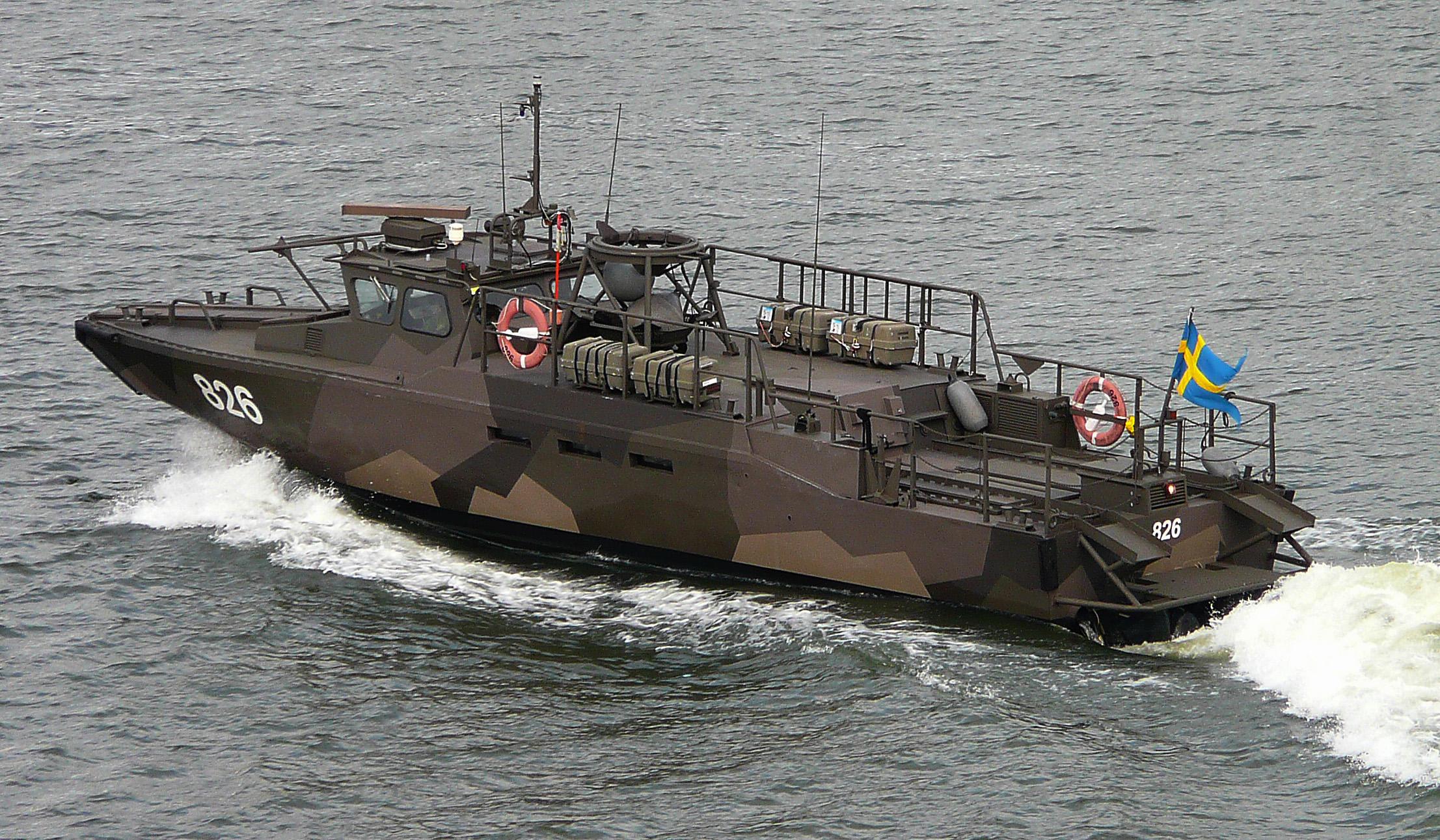I found the
referenced (Dalhousie Centre for Foreign Policy Studies/Canadian Naval Review)article, and the discussion following very interesting and informative.
Let me address the
informative bit, first. My
guess is that most serving senior officers are like me, as I was when I served: loaded with
good will towards the reserve forces, constantly flummoxed when we tried/try to do something about, for or to the reserves and, broadly and generally, ignorant of the reserves. The fact that many, many senior officers started their careers in the reserves doesn't mean they actually
know much about the reserves. There are very, very few (none?) officers in senior positions who have, for example, served as (full time, regular force) COs of Naval Reserve Divisions or reserve regiments, thereby learning and comprehending what the real, local, unit level challenges are.
I did not have any meaningful interactions with the reserves until I was a unit CO. My dealings then spanned the spectrum: from frustration, even occasional anger with one (nearby) unit through to continuous admiration for the qualities of the reserve folks, especially the NCMs, and their willingness to put themselves out to get training and experience.
I shouldn't be too surprised, my father began his career in an RCNVR's
half company (that's what NRDs were called, apparently) when he was a university student, way back in the 1920s. He startd as an ordinary seaman and became an officer and then remained in the reserves while he started a civilian career. He went to sea, full time, fairly often ~ more often, in the mid 1930s, as the full effects of the
Great Depression set in. He was lucky to have been well enough trained and the RCN found fairly long term billets for him. That is, for me, the first lesson: reservists must be "well enough trained" to be able to
"backfill" in full time (regular) positions on pretty short notice. The second lesson, from my own father's service and from my own experience, is that we have excellent people in the reserves: often, in my experience usually better people that we find in the regular force. (That shouldn't surprise us ~ one of my mentors told me once that we had (do we still have?) a "student militia" in which the soldiers in the ranks are, mostly, qualified to be officers in the regular force. I saw that in the enthusiasm and adaptability of reserve people when I initiated a somewhat imaginative training programme (I sent NCOs and equipment to some reserve units over the winter (got my knuckles rapped after the fact for abusing TD, etc, but it was all good ~ forgiveness is always easier to get than permission) and then (gentlemen's agreement) the 'owners' of the reserves sent me people I needed to "backfill" in the next year.) So, we have a useful
primary role: backfill ~ which requires good enough individual skills training, some (much?) of which can be done in local reserve units on training nights and weekends, sometimes using simulators and properly designed and managed DL. And we have the kinds of people who, I think, are likely to make good (imaginative) use of local resources.
Slightly

ff topic: but:
Take a look at
this list.
Every single Naval Reserve Division is, I think, very near a navigable waterway: some big rivers, some big (HUGE) lakes and two oceans. Why can't every single NRD have a vessel? Every NRD is also near an army reserve unit.
UK Archer class inshore patrol craft
Swedish CB90 riverine patrol vessel
I know the answer is money, but ... just think of the useful, imaginative
joint training that could be conducted with the army reserves if the local Naval Reserve Division had a couple of these:
US sailors and marines using the Swedish CB90 and a RHIB type vessel
It is training for war ... not training for this or that or any specific war. The only thing I know, with 100% certainty, is that no one in Ottawa (or Washington or Beijing), including Gen Lawson and LGen Thibault (who may be the smartest guy in NDHQ), knows what the next war will look like. Maybe inshore patrol vessels and riverine operations will be useful skills, maybe not ... But I am pretty sure that actual (lightly armed) vessels ans joint training will be good for moral and moral matters, doesn't it?
/higjack ends
I don't have any real answers to the reserve dilemmas, and I think the plural matters because I think the problems (and opportunities) that face, say,
HMCS York on one hand and the
Queens York Rangers on the other are different, and I think that the problems (and opportunities) that face
HMCS York on one hand and
HMCS Cabot on the other are also different. I think better regular reserve
integration might help and I think that needs to be a two-way street: more and better regular force people are needed to help the reserves to help themselves because that will, in the longer run, help the regular force ~
short term pain for long term gain, as then finance minister John Crosbie said of the 1979 budget (specifically an 18% gas tax) that cost the (Joe Clark) PCs their government. I think the reserve army needs a massive reorganization to save overhead ~ all those LCols and CWOs in units that cannot parade more than two platoons ~ and those savings need to be applied to things that make reserve service more attractive: summer work (they're students, after all and summer jobs matter) and useful, challenging, "fun" things to do in winter.





